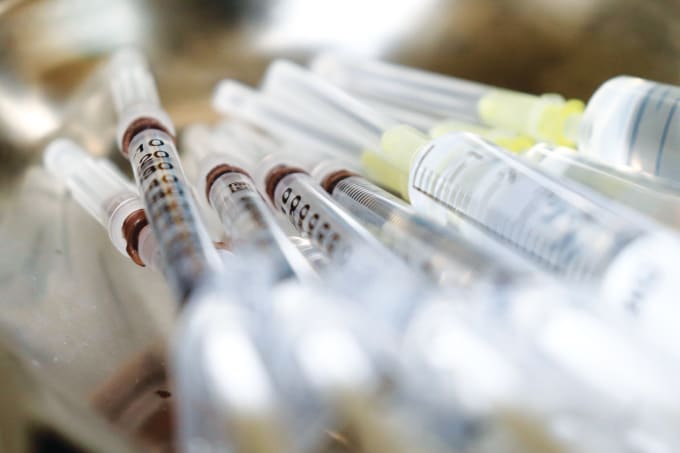Along with the development of connecting technology – which has advanced even further since the COVID-19 pandemic – the concept of the decentralized clinical trial (DCT) has become increasingly popular (and successful). Digital technology enables trial sponsors to cast their nets further than ever before, inviting and including participants from more remote areas, as well as those from underrepresented cultural backgrounds. Ethnic minorities account for between 2 and 16 percent of clinical trial participants, according to Medable’s chief development officer Hady Khoury. But in this age of data, the tools used to generate a cohort of suitable participants have been disrupting conventional practices over the past three or four years. What’s next?
Accurate predictions of the future are often a result of recognizable trends being seen today, so we approached a selection of experts to generate a few ideas about what we can expect from the DCT approach in 2024. There was consensus that the “D” will eventually be omitted from the DCT acronym altogether as decentralization becomes the industry standard.
Medable CSO Pamela Tenaerts explains, “By the end of 2024, the life sciences industry won’t distinguish DCTs from clinical trials anymore [...] Even with existing regulatory nomenclature, the acronym DCT will become less of a call-out as a distinct type of unique clinical trial – and that is a step in the right direction. The term suggests that a decentralized trial is uncommon and requires special extra adjustments – but that is not true. Recent guidance from the FDA and other global regulatory agencies explicitly note that decentralized trials simply need to comply with existing regulations for clinical trials – nothing extraordinary. There may be some data quality/privacy/security considerations, but the existing playbook still applies to trials leveraging decentralized innovations. By this time next year, decentralized clinical trials will simply be clinical trials (with certain parts appropriately decentralized) and the impact of this model will be much more prevalent.”

Executive general manager of customer value at Medable Alison Holland agrees: “DCT methodologies give us more options around evidence collection and opportunities for data capture in real time all with greater integrity and less friction for the patient. Now, as we ring in a new year, we are simply working to decide what elements should be decentralized to get the desired outcome. With more choices about how to package a clinical trial ecosystem, we can make research more of a consumer-like process. There is far more capacity now to connect with broader patient populations using new digital technologies [...] Over the last 18 months, the industry has spent a lot of time trying to define DCTs and debating what they consist of.”
Clinical trial specialist, Curavit Clinical Research, Rachel Rangel adds, “Actionable solutions that will flourish in 2024 include: modern research models, such as DCTs that use virtual sites to meet participants where they are; partnerships with community organizations, leaders, and medical providers; diverse research teams who can better understand participants from these communities; real-time monitoring to expeditiously rectify any gaps in representation early; and, a focus on cultural linguistic barriers by translating study materials into different languages, using culturally appropriate messaging, and providing interpretation services as needed.”
Is it fair to suggest that data and data sharing will power a new revolution in connecting technologies, including AI and ML, to speed up the drug discovery and development processes? Rohit Nambisan, CEO and co-founder of Lokavant, thinks so: “Personalized medicine development will continue its fast pace in 2024, which will lead to a proliferation in data types (including an increased focus on genomic data) and more adaptive trial designs. Data collection, and, hopefully, data sharing, will take center stage – enabling us to pursue additional research questions and perform meta-analyses. Despite all the hype around AI and large language models, the key for AI success is our ability to access volumes of well-harmonized, governed, real-world data.”
Researchers are thus looking to integrate DCT methodologies into the standard toolkit, as well as in the majority of trial processes. As sponsors continue to look for new ways of engaging patients and collecting data reliably, the shift could be both transformational and wholesale. To conclude with Holland’s prediction: “Higher fidelity data collection and greater objectivity in signal detection will enable a more informed understanding of an investigational medication’s safety and efficacy.”




